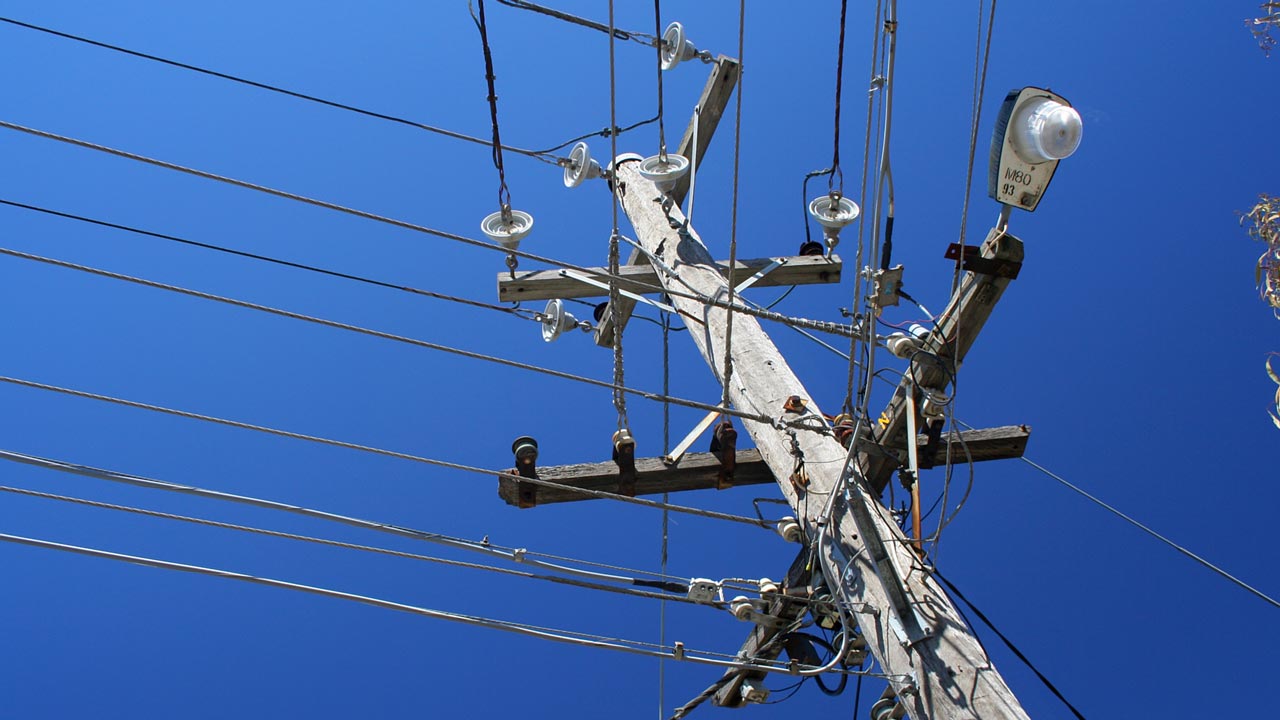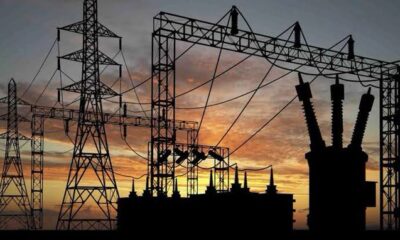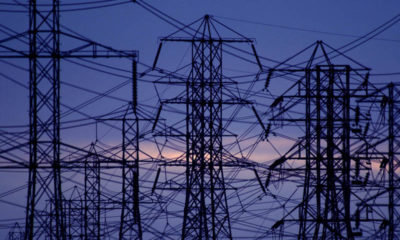- Review Discos’ Performance Now, Electricity Workers Tell FG
Power consumers from Edo, Delta, Ondo and Ekiti states on Wednesday staged a protest against the management of Benin Electricity Distribution Company at the headquarters of the Federal Ministry of Power, Works and Housing in Abuja.
A coalition of civil society organisations under the aegis of BEDC Franchise State Peoples’ Alliance led power users from the four affected states to the headquarters of the FMPWH to demand the overhaul of the management of the distribution company.
BEDC is the company that distributes electricity in Edo, Delta, Ondo and Ekiti states.
In a related development, the National Union of Electricity Employees has faulted the Bureau of Public Enterprises over the date for the final performance review of electricity distribution companies in the country.
In his speech at the protest, the President, Edo Civil Society Organisations, one of the CSOs in the alliance, Mr Leftist Agho, decried what he described as lack of improvement since the private company took over the distribution of power in the zone.
Agho said, “Since takeover, the BEDC has not recorded any discernable improvement or added value to what it met on ground. Nigerians in the affected states have been groaning under heavy estimated and crazy bills, deliberate non-supply of meters and molestation of consumers with military personnel.
“There is also the refusal by BEDC to connect communities to the national grid, non-provision of transformers, poles and other ancillaries, creation of special electricity lines for certain institutions and individuals, while the majority are served total darkness among other inefficiencies numerous to outline.”
Agho urged the government not to consider extending the date for the review of BEDC’s performance agreement with the Bureau of Public Enterprises.
He said, “While Edo, Delta, Ondo and Ekiti people are waiting for the end of the terrible activities that BEDC have dealt on them for over four years running, it was shocking to read in the print and broadcast media of the purported plan by the BPE and the Nigerian Electricity Regulatory Commission to extend the performance agreement with additional one year which hopefully will elapse in December 2019.
“This is insensitive to say the least of a government in the face of several protests, complaints and petitions from citizens, civil society groups, communities and youth groups from the four states of BEDC franchise area.”

 Education4 weeks ago
Education4 weeks ago


 News3 weeks ago
News3 weeks ago


 Business3 weeks ago
Business3 weeks ago


 Technology3 weeks ago
Technology3 weeks ago


 Investment4 weeks ago
Investment4 weeks ago
 Investment3 weeks ago
Investment3 weeks ago
 Telecommunications4 weeks ago
Telecommunications4 weeks ago


 Banking Sector3 weeks ago
Banking Sector3 weeks ago

















